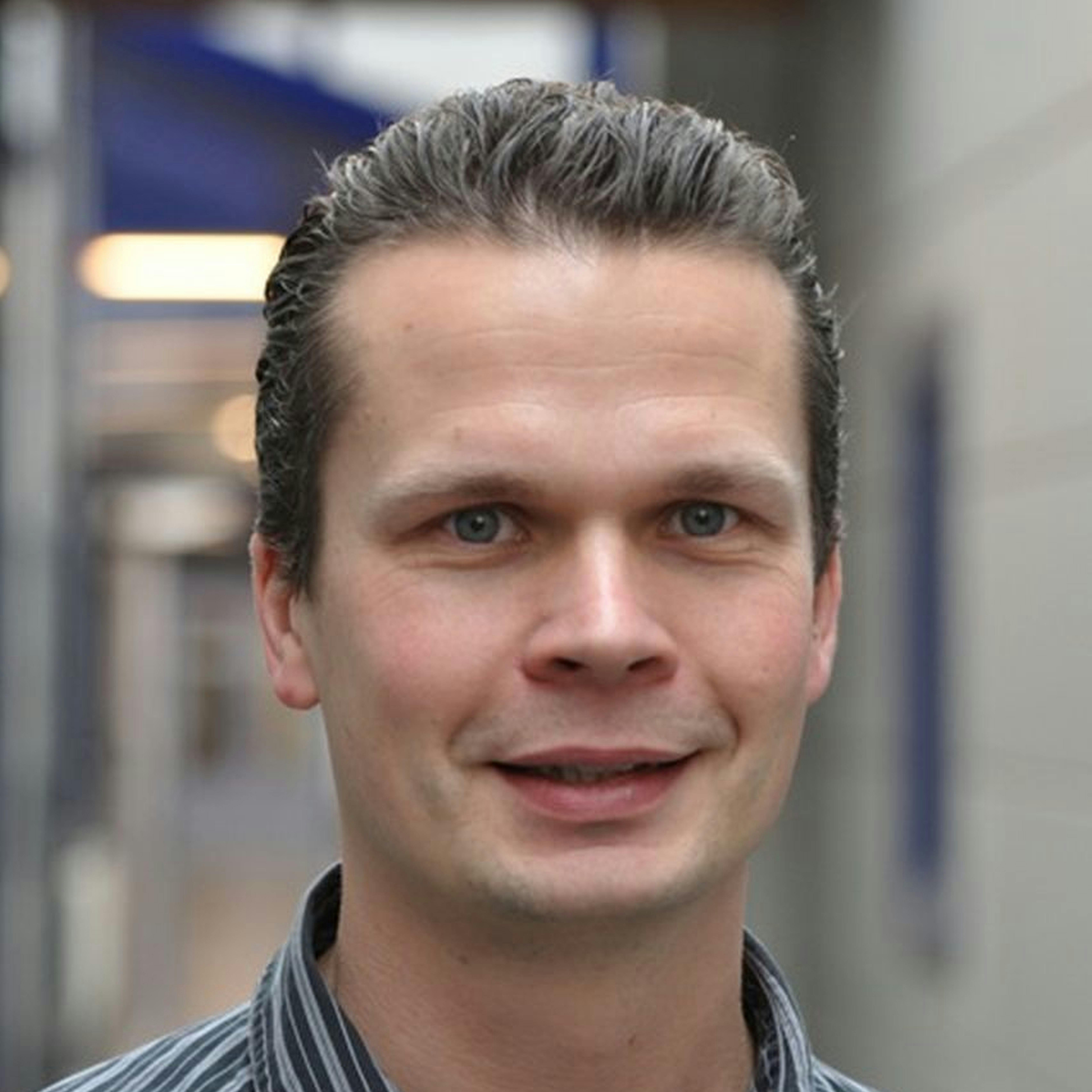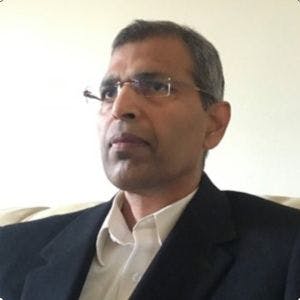When it comes to acoustic performance, consumers hold electronic products to a high standard. Consumers expect these electronics to provide an optimal user experience and run quietly, with many considering quiet products as higher quality. Conversely, it’s not only about noise suppression. Optimizing the acoustic performance of loudspeakers and microphones is key to the perceived quality of audio products. Producing powerful, high-quality consumer goods requires advanced noise engineering and sound characterization.
Watch the webinar to understand how a combined simulation and test approach in the early design stages delivers critical acoustic performance insights and enables innovation in less time and at a lower cost.
Deliver critical acoustic performance insight and allow innovation in less time and at a lower cost
Watch the webinar to understand how a combined simulation and test approach in the early design stages delivers critical acoustic performance insights and enables innovation in less time and at a lower cost.
Why acoustic testing is important in the early development stages for consumer electronics
Designers of consumer electronics can also quickly evaluate multiple scenarios without expensive prototypes or delaying production. With a combination of simulation and test in early design, design teams unlock the ability to deliver critical acoustic performance insights to ensure the best product can be made at a competitive price.
Consumer electronics companies face challenges with increased complexity, new technology adoption and quick responses to emerging market trends. Miniaturization, high power density, increased cooling needs and lower cost goals add to the existing pressure to bring products to market faster. Developing leading and performant electronic products requires an innovative and adaptive engineering approach. Companies using acoustic testing in the early development stages can benchmark competitive products, pre-select components, and deliver data for use in simulation models.
Vorstellung der Referenten

Frank Demesmaeker
Business Development Manager Mechanical Industries
Frank Demesmaeker schloss 1994 sein Studium des Bauingenieurwesens an der Katholieke Universiteit Leuven (Belgien) ab und begann seine Tätigkeit bei LMS International – heute Siemens – in einer Funktion des technischen Supports für Kunden in den Benelux-Ländern. Im Laufe der Jahre hat er sich fundierte Kenntnisse und praktische Erfahrungen in Lärm- und Schwingungsfragen bei Kunden weltweit angeeignet, sowohl aus technischer als auch aus kommerzieller und Marketing-Sicht. Er unterstützt derzeit die Förderung und Abstimmung der Testanwendungen in Märkten wie Energie, Medizin, Konsumgüter, Bildungseinrichtungen und dem allgemeinen Maschinenbaumarkt.

Ramana Kappagantu
Pre-Sales Solutions Consultant
Ph.D. in Mechanical Engineering– Michigan State University and Ph.D. Thesis on Friction Induced Vibrations, Dr. Kappagantu, has been working with Siemens DISW for the past 14+ years combining simulation and testing towards engineering productivity.
